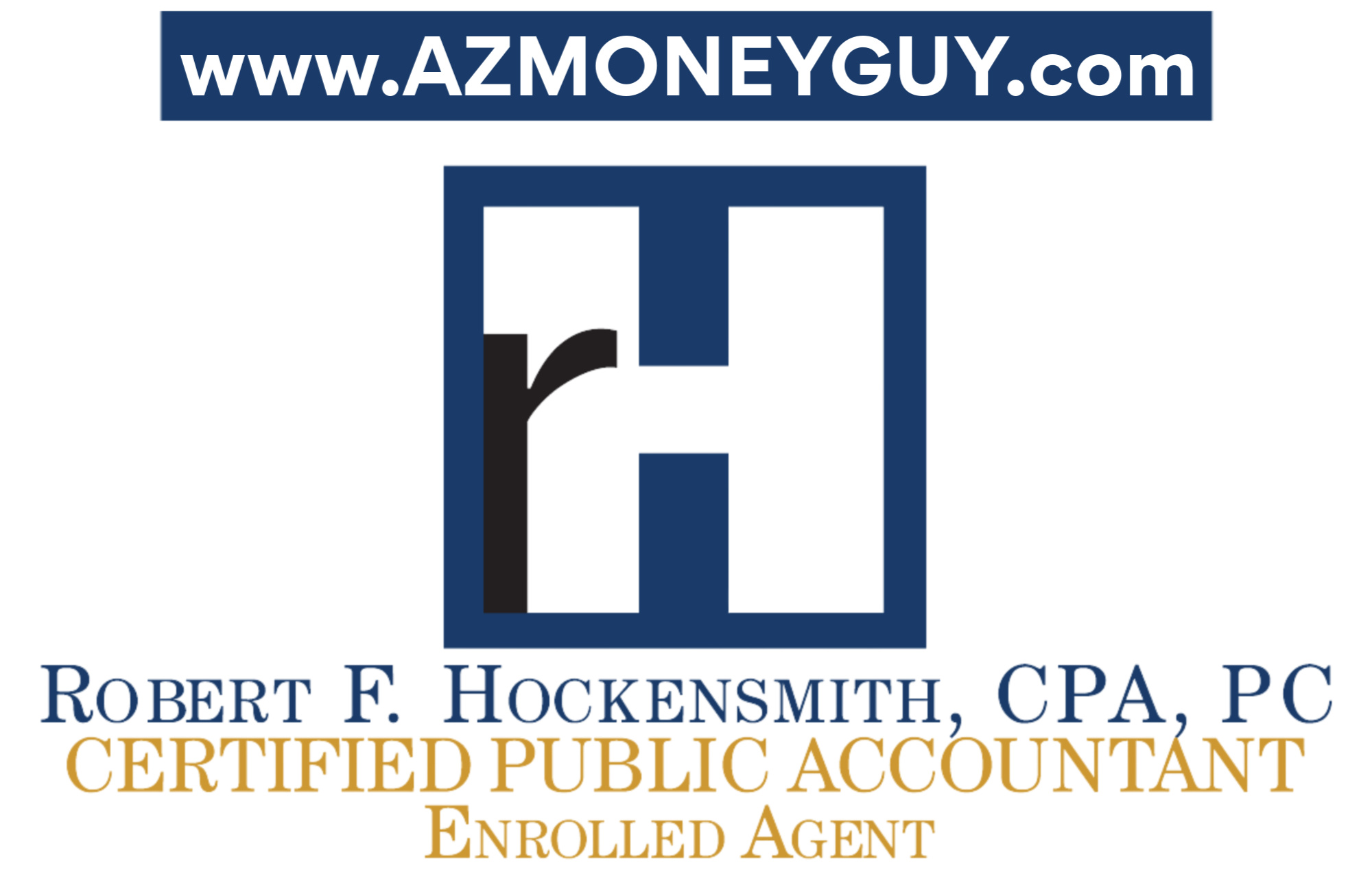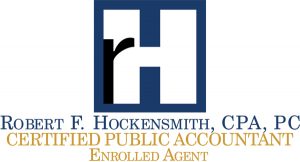Blog
Keeping Records Safe – Tax and others
Keeping Records Safe – Tax and others
In life, you never know what is waiting for you in the next turn ahead. Threats like hurricanes, tornadoes, floods, fires or some other natural disasters, break-ins, vandalism, electronic hacking and other malicious events might be prowling around waiting to pounce on you anytime during the year. You never know when a disaster will strike, or what damage it will cause. There may be little or nothing you can do to prevent your home or office from being destroyed or damaged, but you can at least ensure that no matter what happens, your tax, financial and other personal records will be safe.
Oliver, a doctor by profession, understood the importance of safe upkeep and maintenance of personal and financial records, especially to cope during unforeseen circumstances. Everyone should have a plan in place for disaster recovery of records to prove ownership or relationship. These are records that insurance companies and federal, state and local governments require to assist you in recovery of loss.
Your insurance company will need proof of what you lost to replace your items. The government will need proof of ownership of real estate, cars, personal items and birth certificates to prove who your dependents are and to assist you in providing low cost or no interest loans. Some government programs as the Federal Emergency Management Agency (FEMA) even give you free money after a disaster, depending on what records you provide to prove what you owned and who your family is.
You can take a few simple steps to protect your tax and financial records in case of a disaster:
- Backup records electronically
Keep an extra set of electronic records in a safe place, away from where you store the originals. You can use cloud storage, a flash drive, an external hard drive, CD or DVD to store the most important records. You can take these with you to keep your copies safe. You may want to store items such as bank statements, tax returns and insurance policies.
- Document valuables
Take pictures or videotape the contents of your home or place of business. These may help you prove the value of your lost items for insurance claims and casualty loss deductions.
- Update emergency plans
Review your emergency plans every year. You may need to update them if your family personal or business situation changes.
- Obtain a security plan checklist
IRS publication 4557, “Safeguarding Taxpayer Data”, is a great place to start. It can help you take additional steps to protect your personal, financial, and tax data.
- Keep a GO BAG handy
A GO BAG is a suitcase, duffle bag, pillowcase or anything to hold emergency items to take with you in the event of an emergency evacuation. Things like money, checkbook, credit cards, medications, jewelry, coins, something to communicate with, or light a fire with, eye protection, solar chargers, clothes for at least 5 days, water, food, just to name a few items and anything you feel you can carry around with you to use until help arrives. Be sure to keep your family jewels with you!
How to obtain copies of lost or destroyed tax returns?
We can provide you with a copy of your lost or destroyed tax returns, if we prepared the returns, at no cost for current clients (see online portal below), or for non-current clients we charge a small fee and you do not have to wait for a copy to be mailed to you from the IRS.
If you can’t find your copies, the IRS can give you a transcript of the information you need, or a copy of your tax return. Remember though, a transcript is NOT a copy of your return, just a printout of your return information. They are NOT the same thing.
Here’s how to get your federal tax return information from the IRS:
- Transcripts are free and you can get them for the current year and the past three years. In most cases, a transcript includes the tax information you need.
- A tax return transcript shows most line items from the tax return that you filed. It also includes items from any accompanying forms and schedules that you filed. It doesn’t reflect any change that you or the IRS made, after you filed your original return.
- A tax account transcript includes your marital status, the type of return you filed, your adjusted gross income and taxable income. It does include any changes that you or the IRS made to your tax return after you filed it.
- You can get your free transcripts by phone, by mail or by fax within five to 10 days from the time IRS receives your request.
- To order by phone, call 800-908-9946 and follow the prompts. You can also request your transcript using your smartphone with the IRS2Go mobile phone app.
- To request an individual tax return transcript by mail or fax, complete Form 4506T-EZ, Short Form Request for Individual Tax Return Transcript. Businesses and individuals who need a tax account transcript should use Form 4506-T, Request for Transcript of Tax Return.
- If you need a copy of your filed and processed tax return, the IRS will charge a fee for each tax year. You should complete Form 4506, Request for Copy of Tax Return, to make the request. Mail it to the IRS address listed on the form for your area. Copies are generally available for the current year and past six years. You should allow 75 days for delivery. If your state has an income tax, contact the Department of Revenue or Franchise Tax Board to obtain copies of current and past years’ state tax returns as well, for a fee.
The IRS has a Disaster Hotline to help people with tax issues after a disaster. Call the IRS at 1- 866-562-5227 to speak with a specialist trained to handle disaster-related tax issues. There is no fee to request records for disaster survivors.
Don’t forget about an online portal. Remember, our current clients have access to copies of tax returns at no cost when you visit our website at www.azmoneyguy.com. If you need your login information or tips on how to use the portal to your advantage, let us know.
Related Blog Posts
Tax Return Corrections and Tips for next Tax Year
Learn how to pass on more of your wealth to your heirs and pay less to the government before it's too late! Click here...Address & Map(602) 264 - 9331CLIENT PORTALAddress & Map(602) 264-9331[DISPLAY_ULTIMATE_SOCIAL_ICONS] To err is human and errors...
Paying Income Taxes and Estimated Taxes
Learn how to pass on more of your wealth to your heirs and pay less to the government before it's too late! Click here...Address & Map(602) 264 - 9331CLIENT PORTALAddress & Map(602) 264-9331[DISPLAY_ULTIMATE_SOCIAL_ICONS] The tax season is almost...
Tax Extensions and Penalties
Learn how to pass on more of your wealth to your heirs and pay less to the government before it's too late! Click here...Address & Map(602) 264 - 9331CLIENT PORTALAddress & Map(602) 264-9331[DISPLAY_ULTIMATE_SOCIAL_ICONS] We have only a few DAYS left...
Do You Owe The IRS?
Learn 5 Secrets The IRS Doesn't Want You To Know.
Click on the button below to get FREE access to this exclusive content.
Get Expert Tax Advice from an expert
Mr. Hockensmith has been a guest newscaster for national and local TV stations in Phoenix since 1995, broadcasting financial and tax topics to the general pubic. He has written tax and accounting articles for both national and local newspapers and professional journals. He has been a public speaker nationally and locally on tax, accounting, financial planning and economics since 1992. He was a Disaster Reservist at the Federal Emergency Management Agency, for many years after his military service. He served as a Colonel with the US Army, retiring from military service after 36 years in 2008. Early in his accounting career, he was a Accountant and Consultant with Arthur Andersen CPA’s and Ernst & Young CPA’s.










